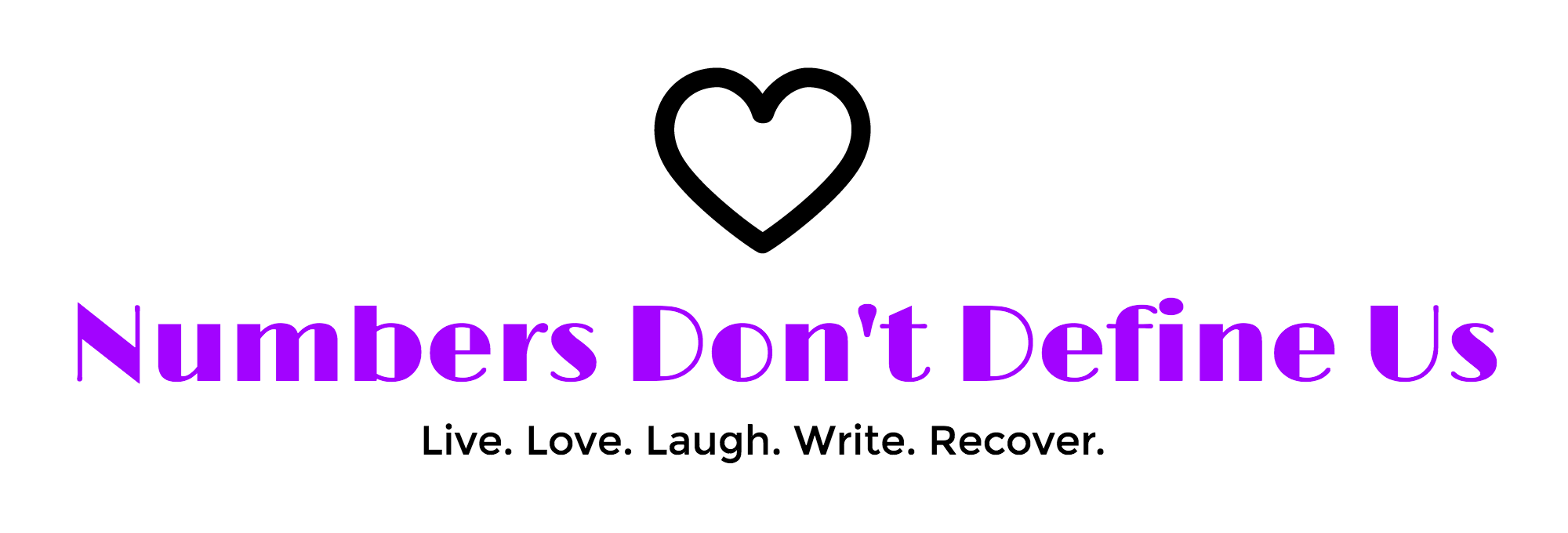You Are Worthy
What most outsiders who have not personally struggled with eating disorders fail to understand is that eating disorders are not fueled by a desire to be thin or appear a certain way. At least, not entirely. Life is not that simple, not black and white, not one-dimensional. Instead, such a motivation only constitutes the tip of the iceberg, the shallow surface waters of an illness vast and deep. When you dig far past this assumption, this seeming cause behind irrational actions of self-starvation, you will discover the truth, or rather, you will discover an essential lacking, a rooted, dull abyss, an inherently eroded foundation—where you are supposed to discover a love for the self, you find nothing. And this fact, this deeply buried discovery, is at the core of every eating disorder, for it’s this barren hole that fills a sufferer with the power to keep nourishing his/her disorder; he/she engages in disordered behavior not to attain some insignificant goal of losing weight, but to make part of the self disappear, for he/she feels the self is unworthy of being seen, of taking up space on this earth, of being happy, of truly living.
I don’t really know why we feel this way—when to an objective onlooker we so clearly possess potential to create meaningful change in this world—but we do. We think of ourselves as inherently less than those around us, and as a result, we cannot help but view ourselves and our bodies as undeserving of the same kind of wholesome concentration of love, devotion, and maintenance required to not even thrive, but just to stay borderline alright. During my struggle with anorexia, I would constantly beat myself up over the smallest, most insignificant-in-the-grand-scheme-of-life things, thinking I was the biggest pig for indulging in literally one chip or thinking I was the dumbest person ever for losing one point on an exam. I think that this self-critical mindset, yes, is unfortunately part of reality for most people, even those who do not suffer with mental illness. However, the difference is that in sufferers, such negative thoughts are so intense that they lead to the disruption of routine functioning and they drive unhealthy, self-neglecting behaviors.
So, what can we do to fill this hole of emptiness? How can we learn to love ourselves again, or maybe even love ourselves for the first time in our lives? If there was an easy answer, I wouldn’t still experience days where I felt so intensely negative about myself for the most trivial things. However, there are steps I have taken (and you can take too!) to reduce some of the weight of all the self-blame I tend to place on my shoulders. Often, I automatically respond to situations in which I’ve failed with seemingly ceaseless thought cycles of negativity. I have learned, though, that even if I have little control over preventing these cycles from starting to begin with, I do possess the power to cut them short. Thus, the biggest and most helpful coping mechanism for me has been to actively interrupt these thoughts as they occur in my mind by literally saying to myself, “You are more than an outcome. You are more than an action. Yes, you are imperfect and flawed, but that is because you are human. It’s time to start treating yourself as such—as a person worthy of love and happiness and life and the full-range of human experience.”
If you take away anything from this post, keep hold of this irrevocably true mantra and celebration of the self: “You are worth finding, worth knowing, worth loving. You and all your one million layers. Always hold that close.”
